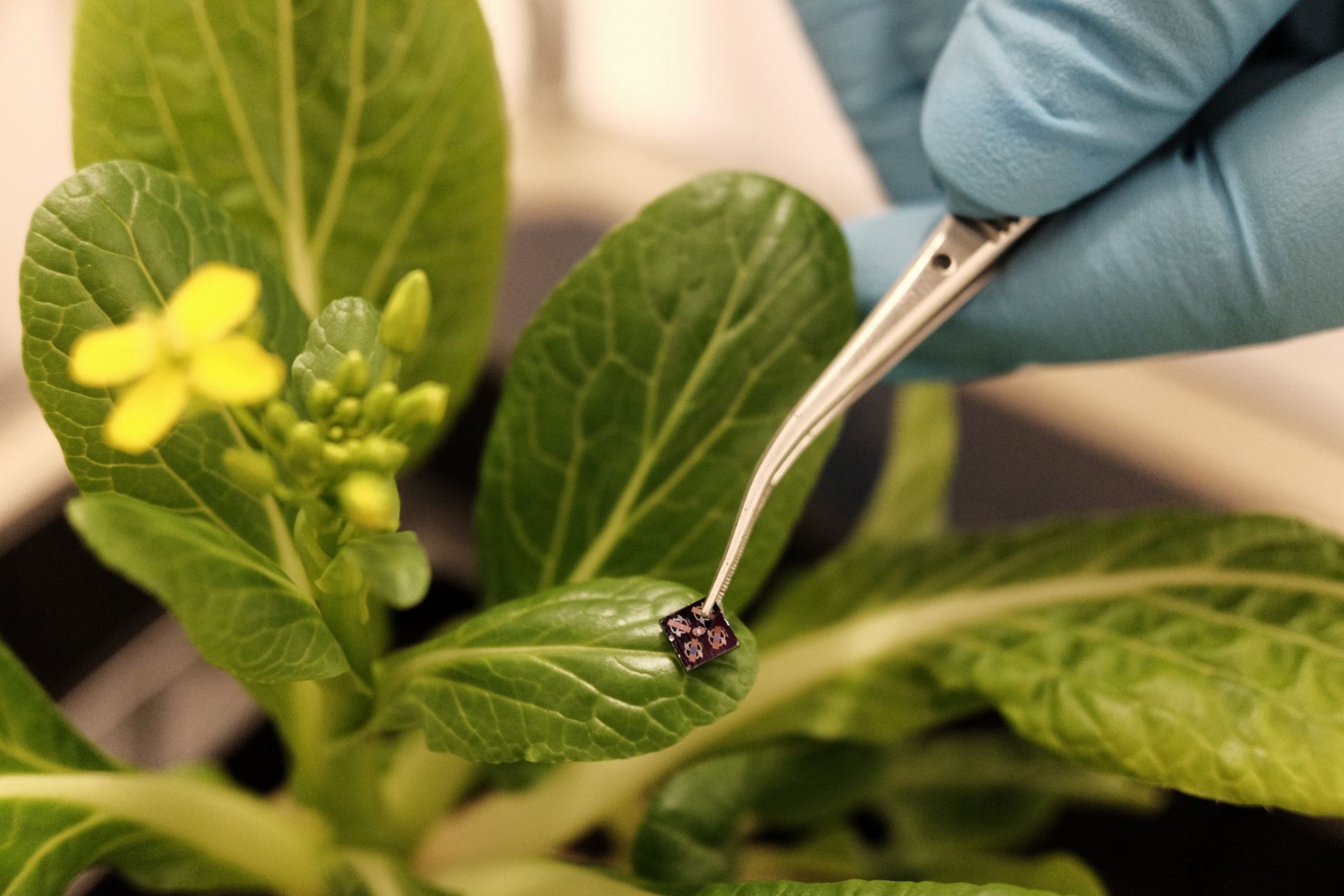NUS Reimagine Research Initiative to seed research ideas in emerging areas
NUS has launched a new ‘Reimagine Research Initiative’ to provide seed funding for research in emerging areas, and to enable its researchers to capture opportunities in the post-COVID-19 era.
The initiative provides up to S$20 million in seed funding each year to support up to 20 interdisciplinary project ideas. These projects would require researchers to work together, and dedicate collective knowledge, expertise and research capabilities towards finding solutions to some of the most challenging questions of our time. The goal is to cultivate 100 forward-looking project teams in five years.
Interdisciplinary education at the University recently took a bold leap forward with the new NUS College of Humanities and Sciences being established last year, now, interdisciplinary research is also being championed with the new Reimagine Research Initiative that funds compelling proposals that tackle a myriad of modern challenges.
The seed funding will allow research groups to build the groundwork of their interdisciplinary projects and to yield initial results. With this strong foundation, they can go on to secure additional funding externally to bring their projects to fruition, and ultimately benefit the wider community.
“We hope to bring about a shift in mindset among our researchers. Today, most multidisciplinary research efforts involved placing disciplinary insights side by side, or with a small degree of integration, to address problems. The Reimagine Research Initiative is conceptualised to motivate our researchers to push the knowledge frontier even further by harmonising their expertise to create powerful, unconventional solutions that we cannot yet imagine,” said Professor Chen Tsuhan, NUS Deputy President (Research and Technology).
A need to reimagine research
COVID-19 has been a turning point in society. As an all-encompassing problem, it not only sent shockwaves through the fields of medicine and public health, but has had major implications in policies, human behaviour, the economy, the environment, and much more.
However, the pandemic is just one example of a modern cross-disciplinary problem. Many more complex challenges on the horizon need collaborative solutions. Tackling pressing issues like climate change, food security, and data privacy will require integrated knowledge, skills, and insights from different domains. Funding, facilitating, and finding solutions to these modern problems is the objective of the Reimagine Research Initiative.
“While the University will continue to invest in basic research, solving these multifaceted challenges for society requires a conversation among researchers of different disciplines. As a comprehensive university that offers a diverse spectrum of specialities, NUS is in the ideal position to initiate integrative approaches to address these problems more effectively, as we have a diverse talent pool to draw from,” Prof Chen added.
Team-based, interdisciplinary, problem-driven research
The new Reimagine Research Initiative will encourage problem-driven research. The initiative also supports multidisciplinary teams, which allows complex issues to be approached from multiple perspectives, and will allow researchers to continue to build cross-faculty networks towards interdisciplinary research.
The initiative promotes research in areas such as environmental sensing for better safety and health, outbreak preparedness and prediction, food security and supply chain resilience, human behaviours and societal impact, systems dynamics, physical and IT security, and more. Since its establishment, 21 projects have been supported.
One such project looks into the development of small wearables for plants using novel sensor technologies. These sensors will collect signals from plants about their well-being and growth, and the data will be used to train AI algorithms. The resulting database will then be used to simulate plant growth conditions in urban farms and to predict their growth outcomes.
This project aims to build an infrastructure where researchers can use the signal database to predict the growth of plants in response to environmental changes. Optimal growth conditions for different varieties can be catered for, while best-fitting varieties can be selected for a set of environmental conditions. This research could be applied in breeding desirable crop plant varieties to improve food security.
Another project seeks to make cities more resilient to disease outbreaks, as well as environmental degradation, social upheavals, supply chain disruptions, and failures in infrastructure.
Due to the multidisciplinary nature of this research, the project team comprises experts from different fields, ranging from public policy and risk management, to computing, engineering and physics, all working together to address the complex issues.
The project’s findings could help policymakers determine the best protections against environmental, societal and technological threats. The researchers hope the work will eventually establish Singapore as a leader in the use of complexity science in the governance of smart cities.
Through the Reimagine Research Initiative, NUS researchers can now make a direct impact by providing solutions to the many needs that are confounding society and the economy.





